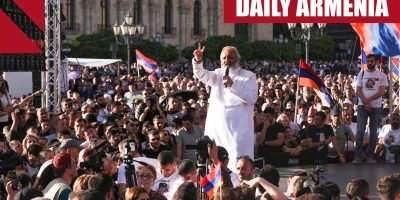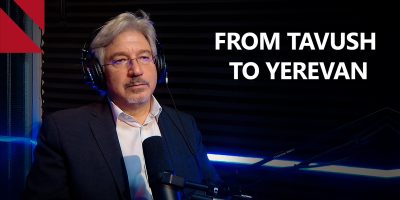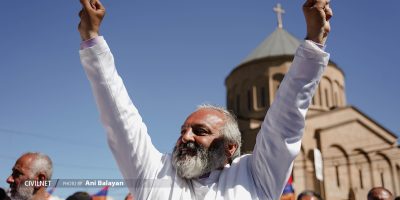Zarine Kharazian, the Associate Editor of the Atlantic Council’s Digital Forensic Research Lab gives her take on disinformation campaigns in Armenia. She also speaks on recent media restrictions in Armenia, the impact of social media, and the benefits of a free media.
Is it Time for Facebook & Armenia’s Government to Divorce?
Post navigation
Posted in:















